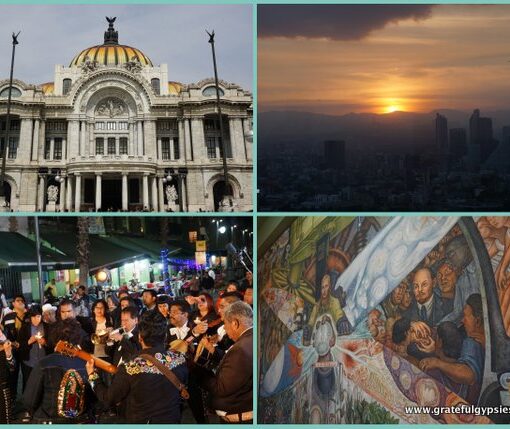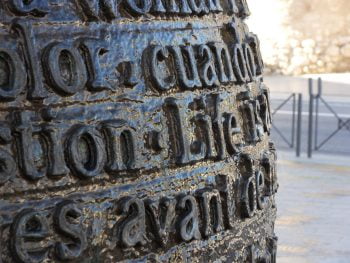In Argentina, the inhabitants speak a unique variant of Spanish known as “español rioplatense” or “Spanish from the Río de la Plata.” Alongside the distinctive features you may have already learned about, there is a collection of common everyday words that belong to the informal vocabulary of Argentinians, also known as “argentos.” In this language “survival guide,” we will explore key expressions that will help you communicate fluently with the locals during your visit to this South American country.
Bárbaro/bárbara: When you want to express that something or someone is excellent or the best of its kind.
Example: “Mi instructor de gym es bárbaro.” (My trainer is excellent.)
Boludo/boluda: A mild swear word used among friends or acquaintances in an informal way. However, when directed at strangers, it can be considered an insult.
Example: “Pero ¿qué hacés, boludo?” (Man, what are you doing?)
Canchero: Used to describe something fine or good-looking, especially when talking about clothes or appearances.
Example: “Conseguí un departamento canchero en el centro.” (I just found a stylish apartment downtown.)
Che: Commonly used to get someone’s attention or start a conversation in a casual manner.
Examples: “¡Che, vení!” (Hey, come here!) “¡Che, qué calor que hace!” (Man, it’s so hot in here!)
Chico/chica: Refers to children in general.
Example: “Mi hermana tiene dos chicos.” (My sister has two children.)
Copado/copada: Used to describe something great or interesting.
Example: “Esa película es copada.” (That movie is interesting.)
Guita: Refers to an indeterminate amount of money.
Example: “Eso cuesta mucha guita.” (That costs a lot of money.)
Harto/harta + noun: Used to express having plenty or a large quantity of something.
Example: “Tenemos harta comida en la heladera.” (We have plenty of food in the fridge.)
Lomazo: Refers to a man who is physically attractive.
Example: “Ayer conocí a un lomazo.” (Yesterday I met a really handsome guy.)
Mina: Refers to a young woman.
Example: “Creo que conozco a las minas que están sentadas allá.” (I think I know the girls sitting there.)
Nene/nena: Refers to a baby boy/girl.
Example: “¡Pero qué nene tan lindo!” (What a beautiful baby!)
Pelotudo/pelotuda: An insult used to describe someone you find stupid or idiotic.
Example: “Mi vecino es un pelotudo.” (My neighbor is an idiot.)
Pibe/piba: Refers to a young male or female; can be used as a generic term when addressing someone.
Examples: “Había un pibe jugando fútbol.” (There was a guy playing soccer.) “Esa piba tiene un auto repiola.” (That girl has a very nice car.)
Piola: Used to describe something as excellent; as an adverb, it denotes that something is cool or nice.
Example: “En el almuerzo me comí una hamburguesa piola.” (I had a good burger for lunch.)
Re + adjective: A prefix used to intensify the idea expressed by the adjective it modifies, meaning “very.”
Example: “Fue un día ocupado, estoy recansado.” (It was a busy day, I’m very tired.)
By using these “palabras cancheras” (cool expressions), you’ll impress the locals and sound like a true porteño during your visit to Buenos Aires.




